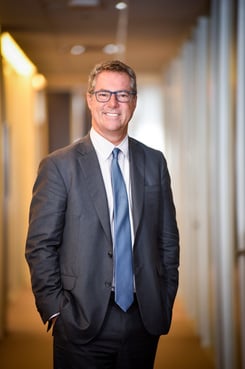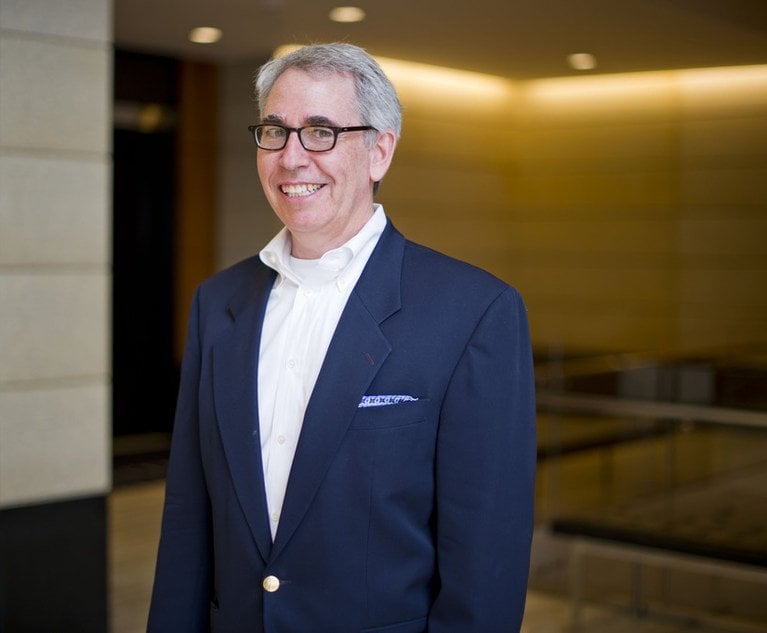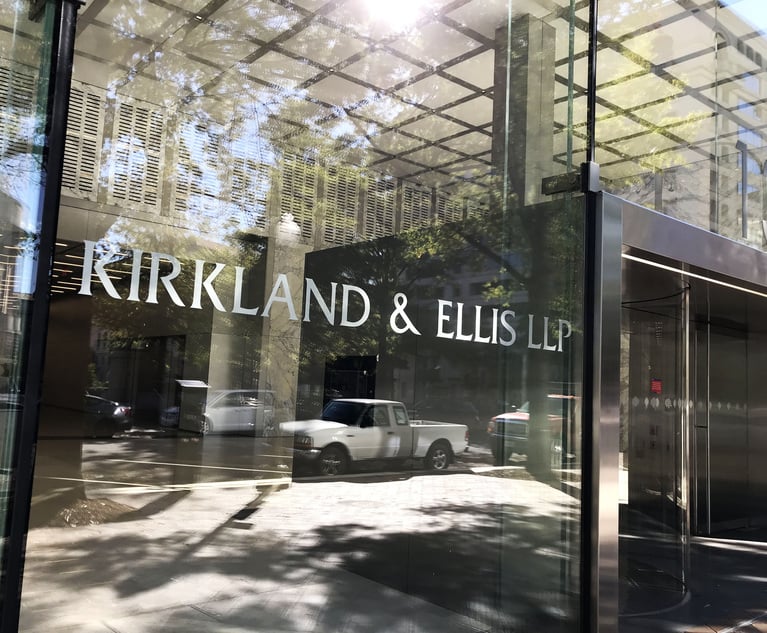From the immediate and surprise arrival of remote work to dealing with consistent uncertainty, from both a health and financial perspective, Big Law managed to rise to the occasion over the last 18 months (and counting) as the pandemic upended the industry.
It was no accident. The leaders of these firms leaned on increased and more transparent communication, a renewed focus on employee well-being and unified efforts at collaboration to survive a remarkably difficult period. But that experience also laid the groundwork for how firms will be managed in the future.
Calm
 Brad Karp. Photo: David Handschuh/ALM.
Brad Karp. Photo: David Handschuh/ALM.
Brad Karp has been at the helm of Paul, Weiss, Rifkind, Wharton & Garrison for 14 years. He has managed through financial crises, combative federal administrations and talent wars. And nothing compared to the last 18 months.
“The past 18 months involved more than a deadly global pandemic. We needed to deal with searing issues of racial injustice, social justice crises precipitated by the Trump administration as well as existential threats to our democracy and core institutions of government,” Karp said. “I have dealt with a very broad range of complex issues in my tenure, but the pandemic required me, and all law firm and business leaders, to focus every day on the physical and emotional safety of our community.”
Karp said that one of the key elements of handling the multitude of issues was the ability to provide a consistent, calming presence that could help, to the degree it could, assuage the anxiety those at his firm were feeling.
“I tried in the darkest moments to project calmness and to be a firm cheerleader,” he said. ”I tried every way I know how to bring and hold the firm together. I used our firm’s resources to support struggling partners, associates and staff and tried always to be emphatic, humane and supportive.”
The traits of empathy, humanity and supportiveness are all characteristics Karp believes he exhibited pre-pandemic, but took on far more acute importance during the recent anxious and uncertain times.
“These attributes, which I’ve focused on in the past, became critically important during the pandemic,” he said. “The stresses and pressures have been unimaginable in their scope and constancy. I genuinely believe that we need to retain our focus on these elements post-pandemic.”
More Talk Despite Less Walk
 Richard Benenson, with Brownstein Hyatt Farber Schreck.
Richard Benenson, with Brownstein Hyatt Farber Schreck.


 Credit: Zenzen/Shutterstock
Credit: Zenzen/Shutterstock






